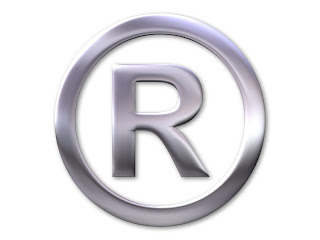
England and Wales have the highest prison population in all Western Europe – 143 prisoners per 100 000 people. There are more than 85 000 prisoners in England and Wales. More than 17 000 prisoners were sentenced for doing violent crimes. 10 000 were sentenced because they did crime offences and about 8 500 for doing burglary. In 2007 in Lithuania were sentenced 6967 prisoners. Mostly prisoners are sentenced for the theft.
In Lithuania and England all prisoners have to pass through reception where they are being checked identities and monitoring numbers. Prisoners are searched and given them prison clothes. The nurse looks after them and decides who is a drug addict, who uses medications or who is feeling suicidal.
Prisons also have segregation cells where violent prisoners might be kept for several days. In Lithuania prisoners are separated into 3 groups: ordinary group, light group and forbidden group. Those groups show how violent or not prisoners are and how many exemptions they can get.
Accommodation depends on prisons. There might be single cells or dormitories. Also, there includes recreation areas, a food servery and showers. Cells have toilets and prisoners are allowed to have TVs. The same system is in Lithuania.
All prisoners have a right to study. They can choose mix of courses, including vocational qualifications. For example, Chelmsford Prison has a barber`s salon, IT classes and cookery lessons. Also prisoners can study English. In Lithuania in Pravieniškės 1st correctional institution prisoners can get computer operators profession. Also, in Lithuania Lukiškės prison made a contract with Vilnius Pedagogical university and according to that contract prisoners can study in that university correspondence course.
In England and Wales prisons breakfast, lunch and an evening meal cost an average of 3,81 per day. In Lithuania prisoner for food gets 4,2 LT per day. Nowadays more and more prisons haven`t got dining halls so prisoners have to eat in their cells. In Lithuania prisoners must eat in dining halls.
All prisons have sports facilities, where prisoners can work out and live a healthy life. Also gym staff works with drug addicts and healthcare unit.
Prisoners can be visited, but firstly prisons staff has to make sure that a visit is allowed and a visitor has the right paperwork. Also every visitor must be searched if he or she does not have illegal things.
One of the most sorrowful problem in prison is children. Mothers can`t live with their children if they are imprison for more than 18 months. So children are sent to foster home or to other relatives. In prisons mothers who have children have their own unit, where they can live with children. In England mothers get 17 pounds per week for child support. Also if they want to live with their children, they must be drugs-free and demonstrate their suitability to be there.
In conclusion, I would like to say that in Lithuania prisons are bad condition and do not accord to EU prison`s quality. In England prisoners live better than in Lithuania.




